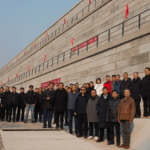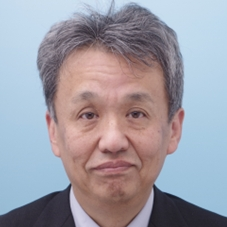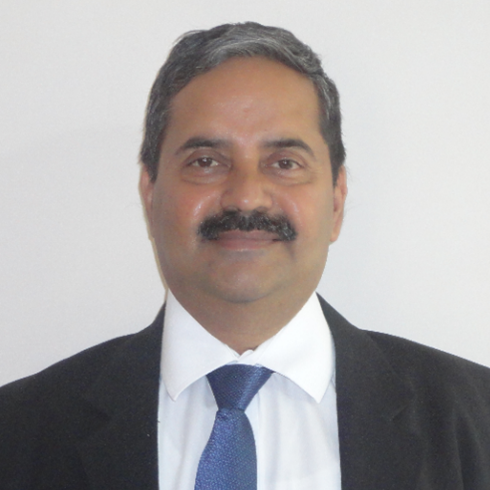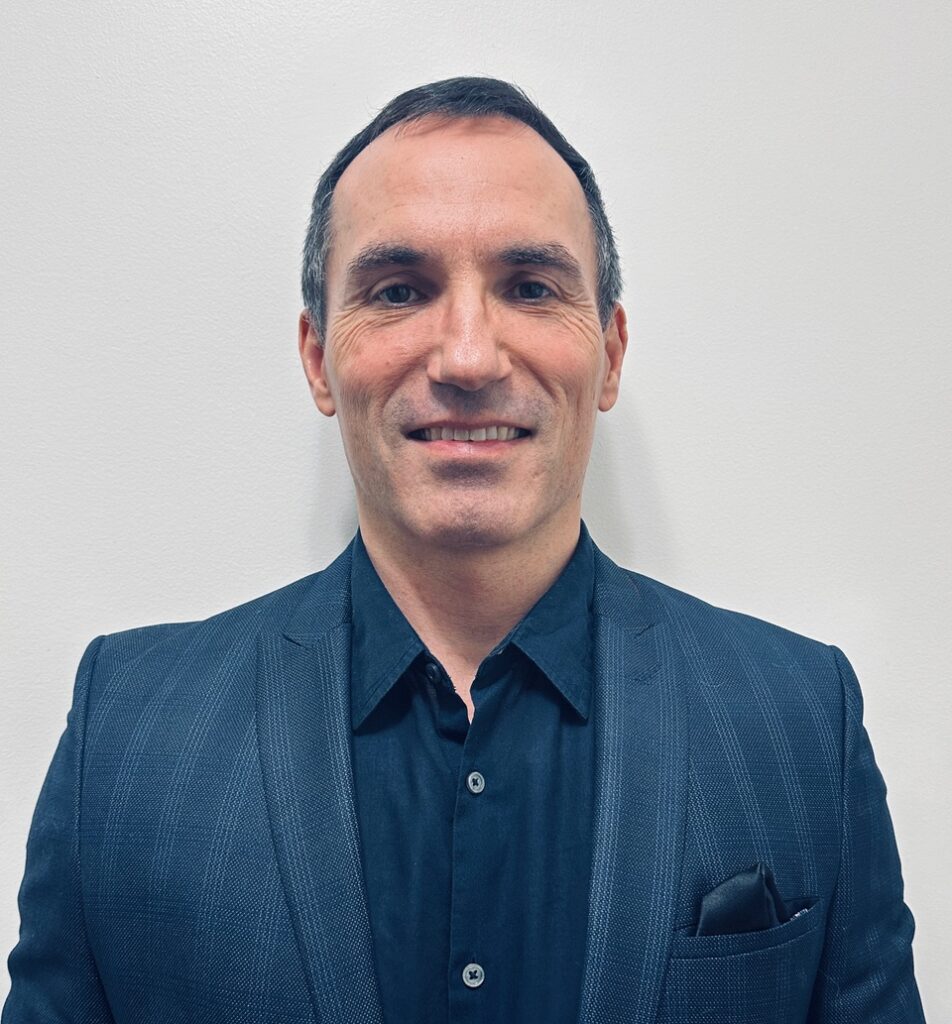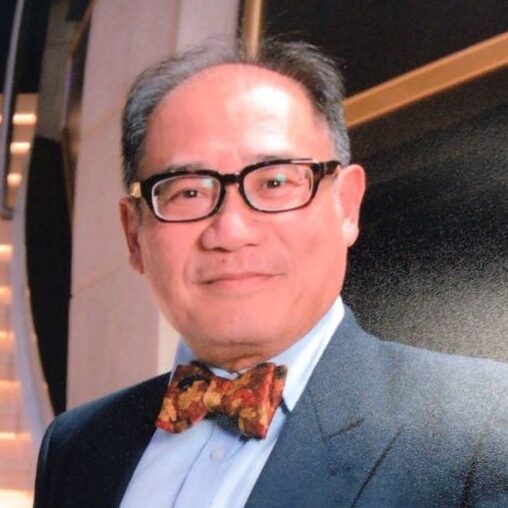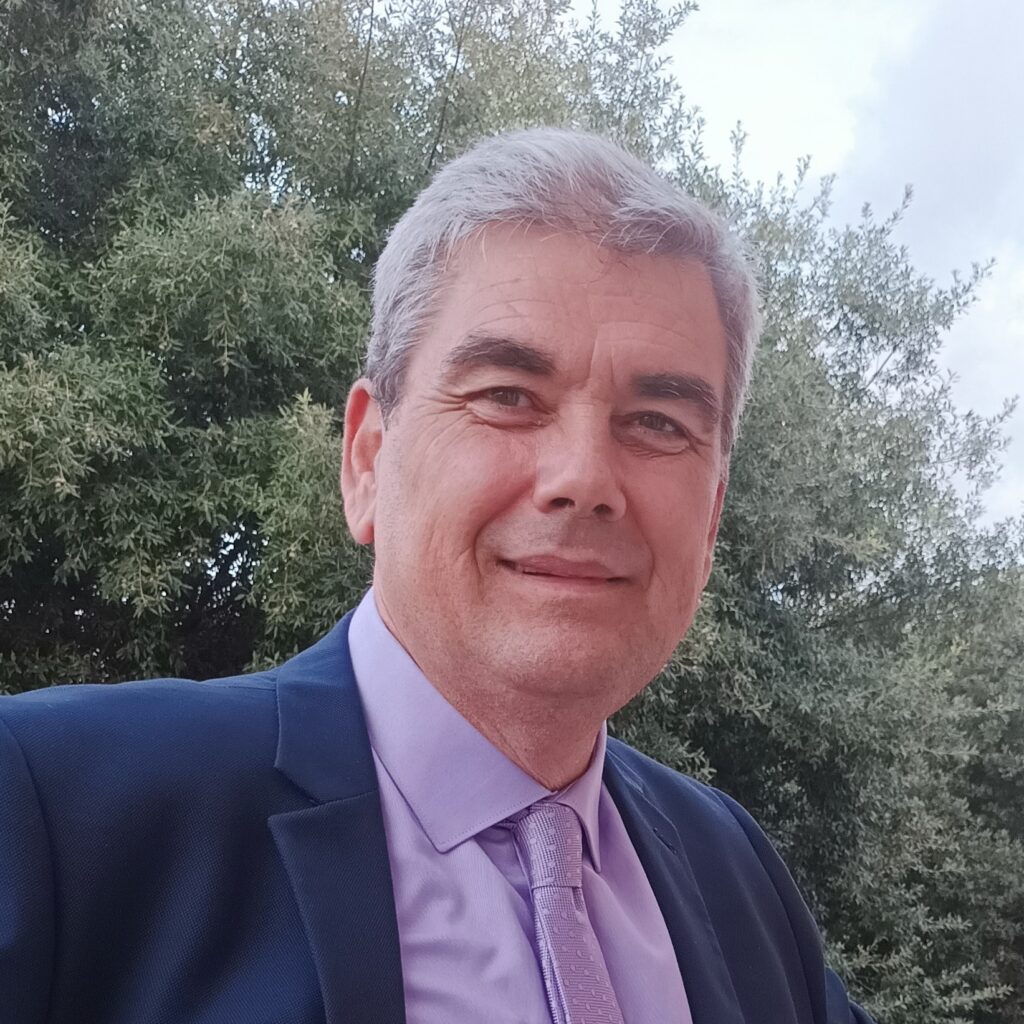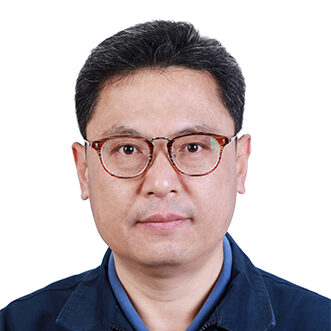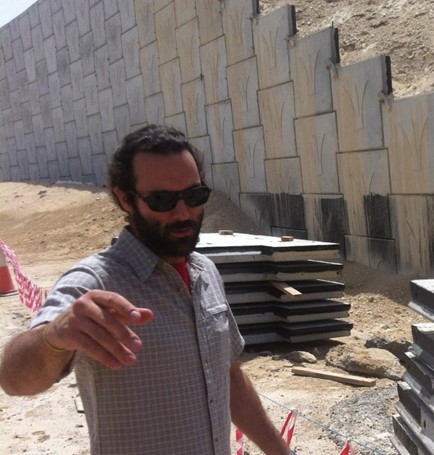 In this edition of the feature, the young members committee interviewed Professor Neil Dixon, Professor of Geotechnical Engineering at Loughborough University in the UK. Prof. Dixon has been involved with the pioneering research and implementation of geosynthetics for over 25 years. He’s served on the IGS council and as chair of the UK chapter and was even once a mentor to the current IGS president.
In this edition of the feature, the young members committee interviewed Professor Neil Dixon, Professor of Geotechnical Engineering at Loughborough University in the UK. Prof. Dixon has been involved with the pioneering research and implementation of geosynthetics for over 25 years. He’s served on the IGS council and as chair of the UK chapter and was even once a mentor to the current IGS president.
Name / Institution: Professor Neil Dixon, Loughborough University, UK
Specialist Field: Geotechnical Engineering: Slope stability, instrumentation and geosynthetics
What originally inspired you to enter civil engineering, and what continues to do so?
When I was growing up the Humber Bridge was being constructed nearby and I used to cycle out to watch the construction taking shape. This inspired me to think how it was being built, what materials were being used and how had it been designed. During my studies for a degree I attended a lecture on the geotechnical design for a major construction project and I became very interested in the skills needed to obtain and interpret information on the ground when only a very small percentage can ever be directly observed. This led me to do a PhD in geotechnics and I have worked as a specialist ever since. I still get excited about challenging ground engineering projects.
What do you enjoy most about working in the industry?
I particularly like the variety of challenges, the wide range of materials and design situations that require innovative solutions and the continuing need for research to improve our understanding and produce better ways of doing things.
When and where was your first involvement with geosynthetics?
I had an informal meeting with a colleague who was working on landfill designs and I realised that my background on slope stability meant that I had skills that could be used to help understand waste landfill lining interactions and hence to contribute to improved landfill designs. This initial interest led to a project with Golder Associates that employed Russell Jones as our researcher. So it was also the start of Russell’s rise to President of the IGS!
Do you have any advice for young engineers beginning their careers? What do you think are the most important skills in today’s industry?
It is important that young engineers have a good understanding of geotechnical engineering principles and that if possible they gain practical experience of investigating the ground (i.e. they see as many types of ground conditions as possible). This will help develop designs that based on an understanding of the critical mechanisms of behaviour and an understanding of how material variability can influence performance.
What hobbies and interests do you have outside work?
Walking my dog, playing golf (not as well as I would like) and reading.
Are you a fan of music?
I tend to listen to a wide range of music including classical and records from my youth, which are probably not considered cool.




